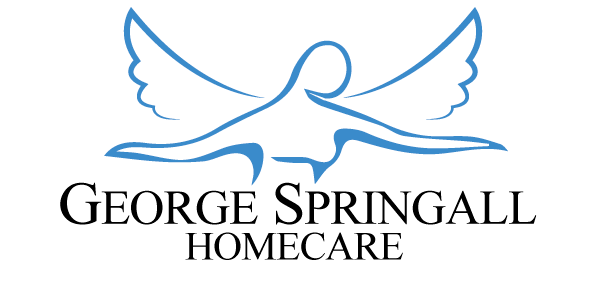
STROKE
A stroke is a serious, life-threatening medical condition that occurs when the blood supply to part of the brain is cut off.
Strokes are a medical emergency and urgent treatment is essential because the sooner a person
receives treatment for a stroke, the less damage is likely to happen. If you suspect that you or
someone else is having a stroke, phone 999 immediately and ask for an ambulance.
Signs and symptoms
The main symptoms of stroke can be remembered with the word FAST: Face-Arms-Speech-Time.
Face – the face may have dropped on one side, the person may not be able to smile or their
mouth or eye may have dropped.
Arms – the person with suspected stroke may not be able to lift both arms and keep them there
because of arm weakness or numbness in one arm.
Speech – their speech may be slurred or garbled, or the person may not be able to talk at all
despite appearing to be awake.
Time – it is time to dial 999 immediately if you see any of these signs or symptoms.
Why do strokes happen?
Like all organs, the brain needs the oxygen and nutrients provided by blood to function properly. If the supply of blood is restricted or stopped, brain cells begin to die. This can lead to brain injury, disability and possibly death.
There are two main causes of strokes:
ischaemic – where the blood supply is stopped due to a blood clot (this accounts for 85% of all cases)
haemorrhagic – where a weakened blood vessel supplying the brain bursts
There is also a related condition known as a transient ischaemic attack (TIA), where the supply of blood to the brain is temporarily interrupted, causing a "mini-stroke" often lasting between 30 minutes and several hours. TIAs should be treated seriously as they are often a warning sign that you are at risk of having a full stroke in the near future.
Can you recover from stroke?
All strokes are different. For some people the effects may be relatively minor and may not last long. Others may be left with more serious problems that make them dependent on other people.
Unfortunately not everyone survives – around one in eight people die within 30 days of having a stroke. That’s why it’s so important to be able to recognize the symptoms and get medical help as quickly as possible.
The quicker you receive treatment, the better your chances for a good recovery.
How does having a stroke affect our life?
In most cases, the symptoms affect only one side of the body (unilateral). Depending on the part of the brain affected, the defect in the brain is usually on the opposite side of the body. However, since these pathways also travel in the spinal cord and any lesion there can also produce these symptoms, the presence of any one of these symptoms does not necessarily indicate a stroke.
In addition to the above CNS pathways, the brainstem gives rise to most of the twelve cranial nerves. A stroke affecting the brainstem and brain therefore can produce symptoms relating to deficits in these cranial nerves:
-
altered smell, taste, hearing, or vision (total or partial)
-
drooping of eyelid (ptosis) and weakness of ocular muscles
-
decreased reflexes: gag, swallow, pupil reactivity to light
-
decreased sensation and muscle weakness of the face
-
balance problems and nystagmus
-
altered breathing and heart rate
-
weakness in sternocleidomastoid muscle with inability to turn head to one side
-
weakness in tongue (inability to stick out the tongue and/or move it from side to side)
If the cerebral cortex is involved, the CNS pathways can again be affected, but also can produce the following symptoms:
-
aphasia (difficulty with verbal expression, auditory comprehension, reading and/or writing; Broca's or Wernicke's area typically involved)
-
dysarthria (motor speech disorder resulting from neurological injury)
-
apraxia (altered voluntary movements)
-
visual field defect
-
memory deficits (involvement of temporal lobe)
-
hemineglect (involvement of parietal lobe)
-
disorganized thinking, confusion, hypersexual gestures (with involvement of frontal lobe)
-
lack of insight of his or her, usually stroke-related, disability
If the cerebellum is involved, the patient may have the following:
-
altered walking gait
-
altered movement coordination
-
vertigo and or disequilibrium
Our support and care
George Springall Homecare provides dedicated and experienced staff to help you maintain your quality of life and support you and your family through the difficult times. We create a specialized care plan that focuses on meeting all your needs. We support you set up realistic goals you wish to achieve and we are there to help when ever you need through out your journey to achieving your goals.
This might include:
-
helping with personal care and getting you ready for the day or for a good night sleep
-
catheter care and continence management to maintain your dignity and comfort
-
prompting or administering your medication to manage your symptoms
-
assisting with nutrition and hydration to keep you healthy
-
assisting with routine household chores and shopping so your home life is as you would like it to be
-
emotional or social support to keep you connected to the people who are important to you
-
support with rehabilitation to get back to a normal life and independence
Further information and support is available from the Stroke Association.
Contact us to discuss a Stroke care and support service for you.


